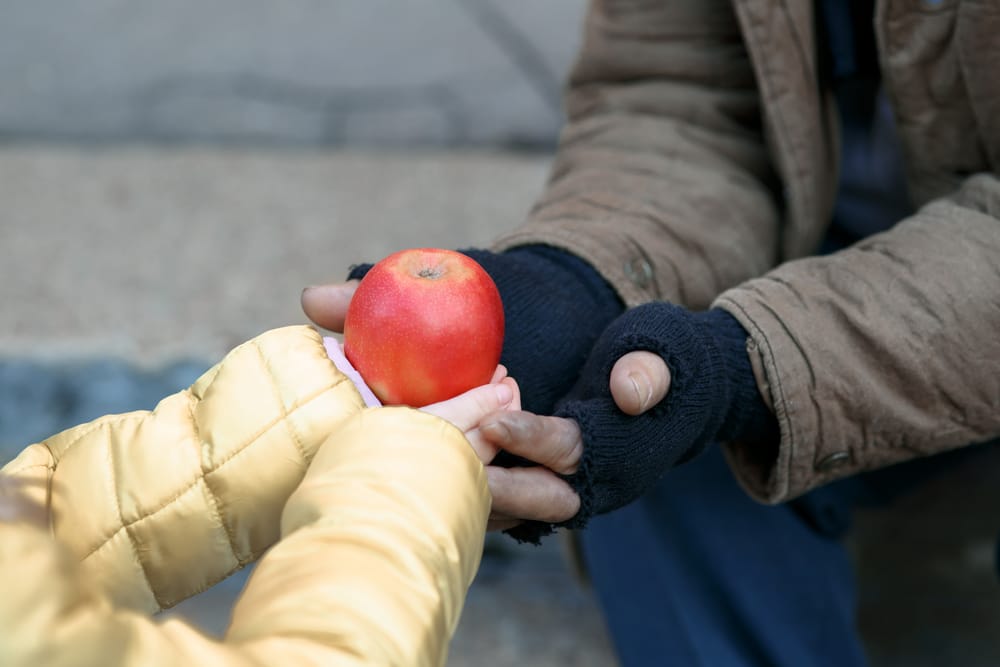When the health emergency will be over and commercial and industrial companies will resume operations, there may be +40% of poor people in Rome and Lazio one year after the end of the activities’ shutdown, according to Banco Alimentare.
Giuliano Visconti, president of the Banco Alimentare Lazio (Italy), explains this to Agenzia Nova. It is an estimate based on what already happened in 2008, when the economic crisis caused the closure of many companies and consequently the loss of many jobs. In the first months of the post-emergency period, the immediate increase in the number of deprived people may be between 10% and 20%, but in a year’s time the percentage may exceed the threshold of 40%.
For this reason, it is necessary to adopt support measures for the most deprived “in the short term, by the second half of the year,” stresses Visconti, “and the measures will have to be taken at European level. It will be necessary to refinance the Fund for European Aid to the Most Deprived, the so-called FEAD, but we will also need the activation of national funds, as it was done in the past, for the purchase of food for poor families living difficult situations“.
The long wave of this crisis is already evident. In fact, in these first weeks of March, Banco Alimentare Lazio has recorded a +2% in requests, equal to 1,720 new people in need out of a total of about 75,000 assisted. The additional requests came in particular from 5Municipal Operations Centres in Lazio.
The increase occurred despite the fact that 30-40% of the charities affiliated with the Food Bank have temporarily suspended the distribution, partly due to a shortage of volunteers, whose average age is quite high, and partly due to the difficulty of those assisted, also elderly, to reach the collection points. Some of those who turned to the structures now closed, however, have found an answer in the Municipal Operations Centre.
“I am amazed at how the third sector is respondingthis crisis situations – says Visconti. The third sector has never stopped supporting those who live in a condition of poverty, even among many difficulties. Some structures have reduced the number of entries and, especially in Rome, many associations have organized home-deliverygroceries shopping“.
In the recent weeks, also the network of solidarity has grown. Many shopkeepers have donated fresh products such as mozzarella, eggs, meat, yoghurt and other food products destined for the large supermarkets chain or catering. “The Food Bank’s mission is to recover surplus food and in this extraordinary situation we were ready“, explains Visconti.
Food boxes sorting activities are therefore proceeding at a fast pace, in compliance with the requirements imposed for the containment of the infection. Most of the Food Bank’s boxes leave from the warehouse in Aprilia, but there is also a distribution point in Cassino, which supplies six charitable organisations, and one in Viterbo, which is currently at a standstill but will resume in April.
Source: Per il Banco Alimentare +40% di poveri nel Lazio entro un anno




